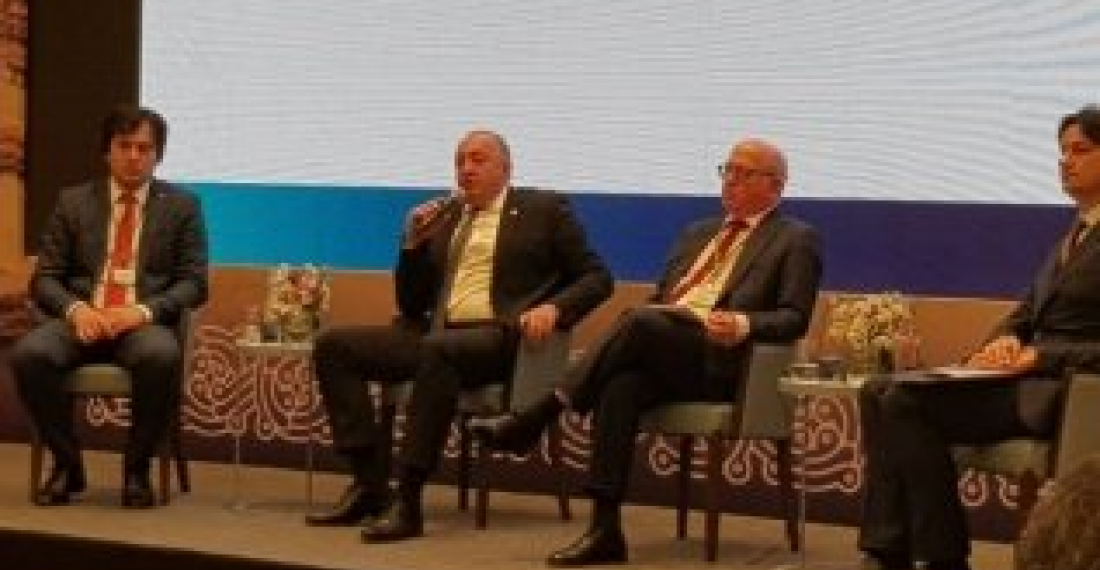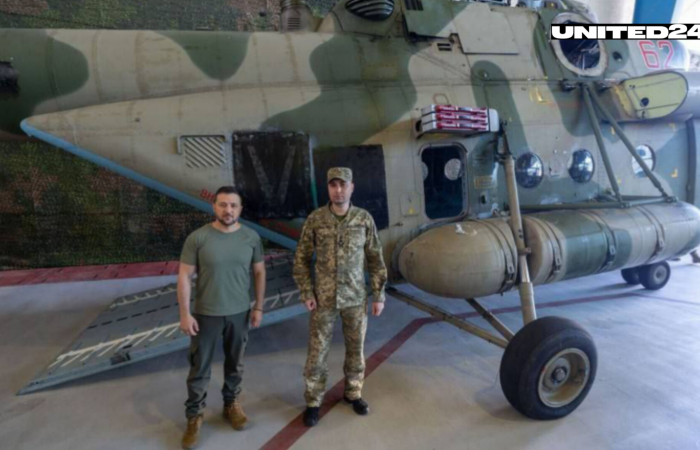A meeting of the NATO Parliamentary Assembly opened in the Georgian Black Sea port of Batumi on Monday (23 April) with speeches by Georgian leaders, including the President, Giorgi Margvelashvili, Parliamentary Speaker Irakli Kobakhidze, and various ministers.
Addressing the gathering, Georgian president Giorgi Margvelashvili called on NATO to implement countermeasures against Russia's renewed cold war approach. The President and parliamentary Speaker Kobakhidze spoke about Georgian resilience in the face of ongoing Russian provocations and attempts at promoting fake news.
Parliamentarians fron NATO member states and partner countries, as well as representatives of think tanks, academia and civil society are partecipating in the 97th Rose-Roth seminar which is focusing on the theme "Georgia and the Balck Sea region in the new geo-political order".
source: commonspace.eu
photo: Georgian president Margvelashvili, and Parliamentary Chairman Kobakhidze, at the opening of the NATO Parliamentary Assembly meeting in batumi on 23 April 2018 (picture courtesy of IPN News, Tbilisi).






